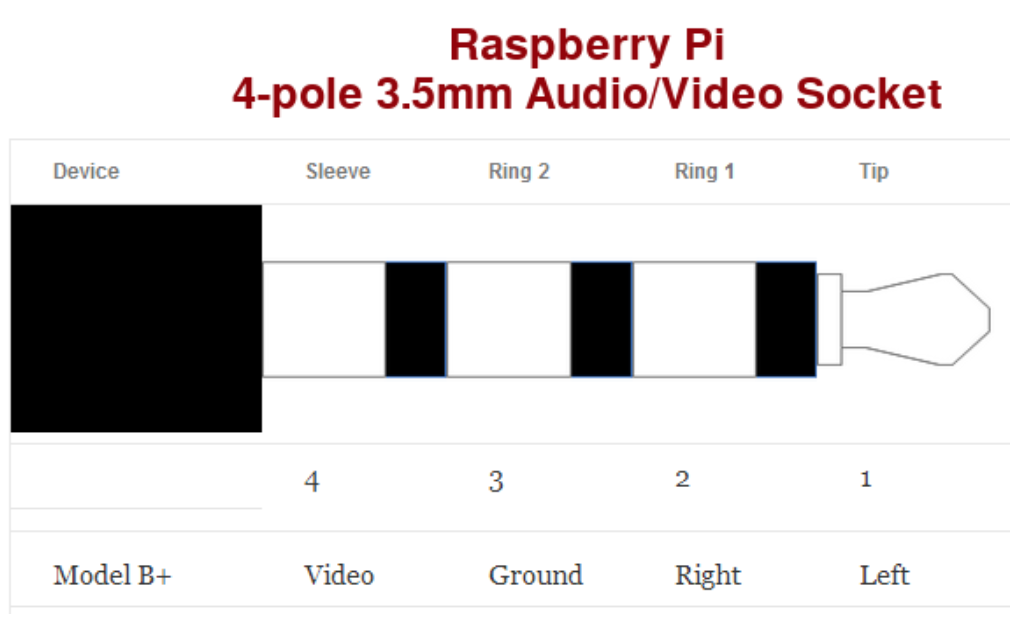An effective and inexpensive way to playback video would be to use the low-cost Raspberry PI (2-4) act as a video playback device. The output can either be HDMI or composite via the 4 pole minijack.
If you need the content to loop seamlessly, this is possible Perfectly, if you don’t need sound. With sound, it is necessary to use OMXplayer which introduces a 100ms pause before the file loop.
You could…
- Not worry about it
- Re-edit the video so that it loops multiple times so the PI loop point happens less often
- Add sound from another source. This is probably not the best option if sound and video are intended to be in sync.
Setup the Pi
- Install the Raspian OS - Raspberry Pi Downloads - Software for the Raspberry Pi and flash this to an SD card. Use https://www.balena.io/etcher/ to do this and here is an appropriate SD card.
- Enable SSH on Raspberry Pi - create a blank file “ssh” in the boot directory of the SD card.
- Insert card. Connect Pi to a network switch with Cat5 cable. Turn Pi on.
- Get the IP address of the PI
- Use Angry IP Scanner to find the IP address
Install pi_video_looper
Open Terminal. The default user is pi, and the password is raspberry
ssh pi@(IP ADDRESS OF PI)
Get the most recent packages
sudo apt-get update
Install Git to allow installation of Github repository
sudo apt-get install -y git*
Install the pi_video_looper
git clone https://github.com/adafruit/pi\_video\_looper.git
cd pi_video_looper
sudo ./install.sh
Edit the pi_video_looper config
nano video\_looper.ini
For seamless video edit file
video_player = hello_video
When you’ve finished editing a text file, you save it using the Writeout function. Press CTRL+O and enter Y to save the file. Use CTRL+X to exit and close Nano and return to the command line.
Now shutdown with
sudo poweroff
Video files must be raw h.264 This means the video stream is not inside a container file-format (hence why no audio)
Use FFmpeg
ffmpeg -i INPUTFILENAME.mp4 -vcodec copy -an -bsf:v h264\_mp4toannexb OUTPUTFILENAME.h264
This can be run via Automator - Download the workflow
Copy onto the USB stick and plug it in!
Raspberry PI 4-pole 3.5mm AV socket wiring

https://www.raspberrypi.org/documentation/configuration/config-txt/video.md
https://magpi.raspberrypi.org/articles/back-up-raspberry-pi
https://www.recantha.co.uk/blog/?p=13999
Raspberry Pi video player controlled by QLab over OSC
Pi Presents is a toolkit for producing interactive multimedia applications for museums, visitor centres, and more
Tagged #Qlab, #Applescript, #Raspberry PI.